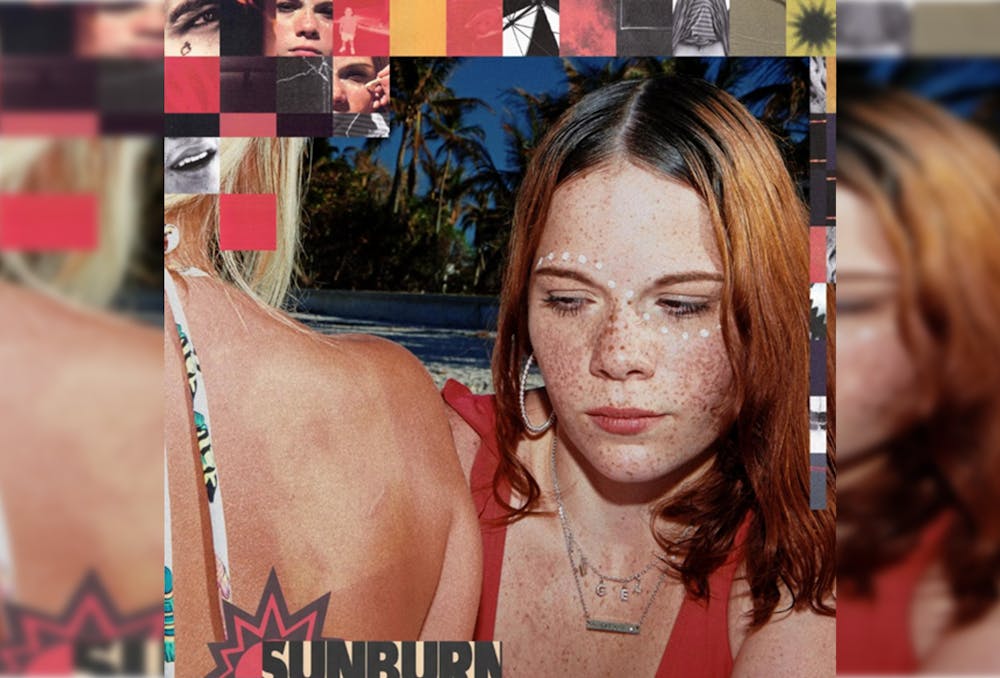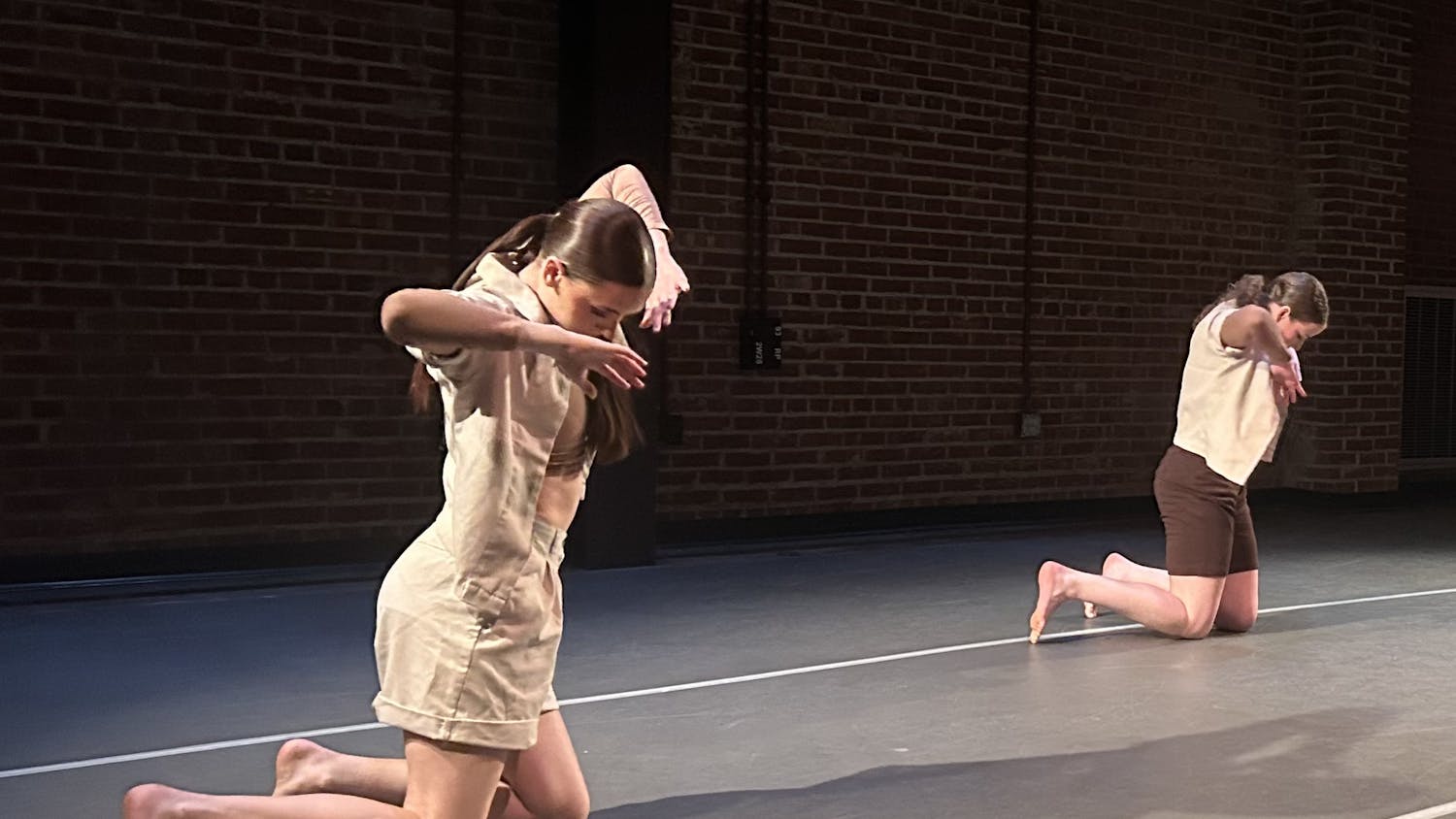Dominic Fike is a name that has popped up sporadically across multiple media of pop culture.
His 2018 song “3 Nights” gained traction after his signing with Columbia Records and entered the top 10 in multiple countries’ charts, leading to Fike headlining a concert series in the video game Fortnite. He also appeared in the second season of HBO’s “Euphoria” — his first major acting role.
Three years after his debut album, “What Could Possibly Go Wrong,” Fike has released his follow-up work, “Sunburn.” Despite a promising start, an abrupt shift in tone makes its latter half fall flat.
“How Much Is Weed?” introduces the album, setting a high bar. Much of Fike’s music exhibits an ability to be intense without being loud or busy; this opener is an excellent example of that ability.
The drums play a beat that drives the song forward, but are orchestrated rather quietly, opting for very understated cymbals and a side-stick backbeat rather than using a harsher snare. Guitar arpeggios and a simple bassline fill out the texture underneath Fike’s doubled vocals which shift between an uncomplicated but effective melody and a relaxed rap flow.
“Ant Pile” follows, turning up the volume with a distorted guitar line, but quickly dropping to just drums and bass. This tune combines Fike’s signature subdued sound in the verses with a more raucous rock texture in the chorus, a choice that gives the song a good sense of dynamism.
“Sick” embraces some of the sounds of punk rock while staying within Fike’s mellow idiom. It starts with acoustic guitar carrying the harmony, later shifting the distorted electric guitar to a more pronounced position in the texture.
Although the key stays the same throughout, there’s a clear shift in tonality between the verses and the chorus. The verse melody largely hovers around the fifth and sixth of the scale, creating a less resolved sound, while the chorus walks down to the one, releasing the tension.
Unfortunately, after “Sick,” the album’s fourth track, its quality sharply declines. There is a drastic shift in sound so pronounced, it almost seems as though a different producer worked on the rest of the album.
The instrumentations later in the work become very one-note and lacking in timbral variation. “7 Hours,” for example, abandons the dynamic sound that made the first four tracks effective, opting instead for bland, repetitive melodies and arrangements.
A subtler change occurs in Fike’s vocals. In the early tracks, his voice brims with energy that threatens to spill over, but he keeps it reined in to create a satisfying balance. Later, this energy disappears and it has a noticeable effect on the majority of the album.
“Pasture Child” exemplifies this shift clearly. This heartfelt track is clearly meant to be on the quieter side, so a more restrained vocal makes sense, but Fike almost sounds bored. Even the ad-libbed lines come across as halfhearted and the lack of passion really takes the wind out of its sails.
The final song, “What Kinda Woman,” features the album’s most minimal arrangement, with just vocals and nylon guitar. The zest that had disappeared rears its head once more in the guitar playing, which is refreshingly dynamic and energetic, but the vocal retains its flat tone.
To what this album owes its disparity in sound may remain a mystery, but it gives the impression that Fike was deeply passionate about the first few songs and aimed for crowd-pleasing radio hits the rest of the time.
“Sunburn” as a whole is the most disappointing type of album: one that shows promise at times, but largely doesn’t fulfill it. Its potential is bright in the beginning but burns out too quickly. Hopefully Fike can rediscover that spark in the future.




